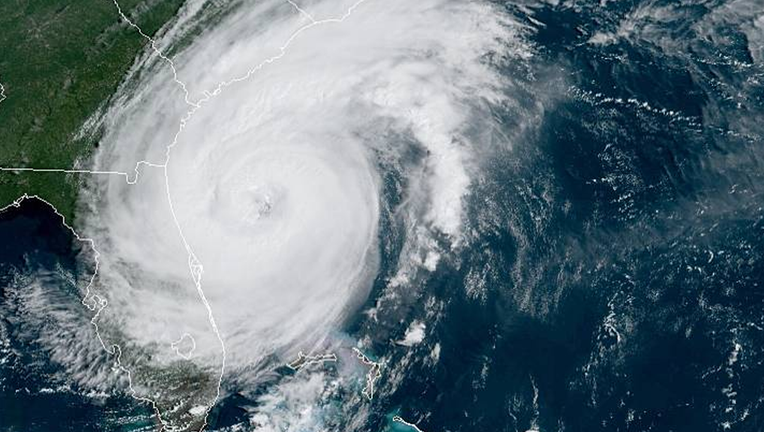Coronavirus could affect hurricane response in Florida

TALLAHASSEE, Fla. - Florida officials are considering adjusting the state’s hurricane-response plans to prepare for the possibility of an early storm season intersecting with the COVID-19 pandemic, Division of Emergency Management Director Jared Moskowitz said Friday.
If storms threaten Florida in June or July, the state might need to rethink the use of mass shelters, shuttles to evacuate people and the way it recruits volunteers to help with storm recovery, Moskowitz said.
“It will differ between if we have early storms in June or July or if we have August and September storms,” when the state hopes the number of COVID-19 cases will have significantly decreased, he said.
Related: Florida's COVID-19 testing to ramp up; antibody tests on their way, DeSantis says
If there is an early hurricane season, the state is considering using hotel rooms instead of schools and other types of mass shelters, Moskowitz said.
In shelters, the state would need to provide people with masks and other protective gear and monitor people’s temperatures if the deadly respiratory disease is still around, he said.
“Doing all of those things doesn’t mean COVID-19 still couldn’t get into a mass shelter and then if you take somebody’s temperature and their temperature is high, do you divert them to a COVID-19-only shelter? Those are the things that we are examining,” Moskowitz said.
Related: Gator seen taking stroll along Florida’s ‘Alligator Alley’ roadway
Moskowitz said the state is in talks with the Federal Emergency Management Agency to see if it can turn on an assistance program for displaced disaster survivors before a storm makes landfall. The federal program would allow the state to put people in hotels with the help of federal funds.
“It would also be good to help the [hotel] industry out in the state," he said.
Transportation to shelters is also a concern. Moskowitz said the state might want to talk to ride-sharing companies like Uber to avoid congregating too many people in buses or shuttles to and from shelters.
Related: To open or not to open? The great beach debate continues in Pinellas County
After a storm, the state might also have trouble finding volunteers amid the pandemic, Moskowitz said.
“We are not going to see the level of volunteers that we have seen in the past,” he said, noting that usually the state sees about 10,000 volunteers help after a hurricane.
Moskowitz suggested that the state might need to ask teachers and state employees to volunteer or offer jobs to people who are unemployed.

